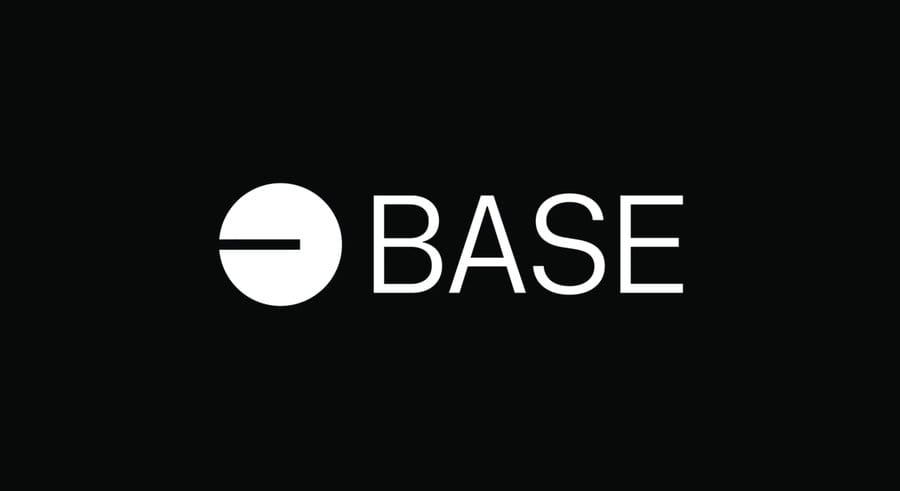Base, Coinbase's Layer 2 blockchain built on the Optimism stack, has rapidly gained traction in the crypto space. By offering lower transaction costs, faster processing, and seamless Ethereum integration, it’s quickly positioning itself as a go-to solution for developers and users alike. But beneath the technical appeal, there’s a more unsettling question: Is Base a Trojan horse for U.S. government surveillance?
Coinbase, the centralized entity behind Base, is deeply embedded in the U.S. regulatory environment. With contracts and close ties to government agencies, could this blockchain platform serve as a backdoor for surveillance? In this analysis, we’ll explore Base’s technical strengths, Coinbase’s government connections, and the risks they pose to user privacy.
Part 1: Base Chain’s Technology—Efficiency with a Price Tag
Launched in 2023, Base is a Layer 2 blockchain using rollup technology to bundle transactions and reduce fees on Ethereum. For developers, it provides an attractive combination of scalability and security. For users, it offers lower costs and faster transaction speeds—an antidote to Ethereum’s infamous congestion and gas fees.
Yet, while Base capitalizes on Ethereum’s decentralized infrastructure, it remains tethered to Coinbase, a centralized, U.S.-based entity. This is where the trade-offs start. Unlike Ethereum itself, which operates without a single point of control, Base’s governance is ultimately in Coinbase's hands.
That centralization introduces potential risks. Coinbase’s regulatory obligations mean that the U.S. government has indirect influence over Base, raising concerns that users’ transactions could be subject to the kind of oversight and control that crypto was designed to avoid.
Part 2: Coinbase and the U.S. Government—Ties That Bind
Coinbase’s role as Base’s operator cannot be viewed in isolation. The company has long been intertwined with U.S. government agencies. Coinbase has contracts with Homeland Security, ICE, and the IRS, providing blockchain analytics to monitor crypto transactions and help track illicit activity. It also holds assets seized by U.S. Marshals from criminal cases, serving as the government’s trusted custodian of confiscated crypto.
In July 2024, the U.S. government transferred $240 million worth of Bitcoin to Coinbase for liquidation—part of a broader pattern of government reliance on the exchange for managing seized digital assets. This deep integration between Coinbase and U.S. authorities fuels the concern that Base could be a tool for surveillance or control.
Coinbase’s record of compliance is well-known. In 2023, it received over 5,600 requests for customer data from law enforcement, most of them from U.S. authorities. While Coinbase insists it fights to protect user privacy, it ultimately complies with legal demands. This is where the real risk to Base users lies—Coinbase may have no choice but to hand over data or even intervene in transactions if compelled by the government.
Part 3: Base Chain’s Legal Framework—A Platform with Strings Attached
Coinbase’s central role in Base extends to the platform’s legal framework. According to its terms of service, Coinbase reserves the right to share user data with third parties, including law enforcement, when legally obligated. While Base uses decentralized technology, its legal infrastructure puts users within the reach of U.S. jurisdiction.
This is particularly concerning for international users, who may find themselves subject to U.S. law simply by using Base. For example, users in other countries could have their transactions scrutinized under U.S. sanctions laws, creating a chilling effect on what’s supposed to be a borderless, decentralized financial system.
The idea of a decentralized blockchain loses some of its weight when the legal control is centralized under a U.S. corporation. Base may offer the benefits of Ethereum’s decentralization in terms of technology, but legally, it is far more constrained.
Part 4: The Trojan Horse—Is Base a Vehicle for Surveillance?
Is Base a Trojan horse? The answer isn’t black and white. There is no direct evidence that Base is being actively used for government surveillance. However, Coinbase’s close partnership with U.S. authorities makes it hard to ignore the possibility.
Coinbase has always balanced compliance with innovation, but as regulatory pressures increase—such as its ongoing legal battle with the SEC —it could become more vulnerable to government demands. And with its significant role in Base, this compliance culture could easily extend to Base transactions.
For users, this raises a larger question: How decentralized is decentralized enough? In the world of blockchain, the ideal is a system where no single actor has the power to control or monitor transactions. But Base, with its centralized governance under a U.S. company, doesn’t quite fit that ideal.
Part 5: The Broader Implications—Convenience vs. Privacy
Base’s success shows how much users value speed, lower costs, and ease of use. But these benefits come with trade-offs, particularly when it comes to privacy. Any platform linked to a U.S. company is subject to U.S. laws and regulations—meaning user data could be monitored or shared with government agencies. In the decentralized world of crypto, this feels like a significant compromise.
There are alternatives, but they’re often slower and less scalable. Base has positioned itself as a pragmatic solution for those looking for efficiency without completely abandoning decentralization. But for users who prioritize privacy, relying on a platform with such close ties to U.S. regulatory authorities may be a risk not worth taking.
Conclusion: Balancing Innovation and Risk
Base delivers on its promise of low fees, fast transactions, and Ethereum compatibility. But its ties to Coinbase—and by extension, the U.S. government—cast a shadow over its decentralized aspirations. While there’s no hard evidence that Base is being used for surveillance, the potential is clear.
Ultimately, the choice for users comes down to risk tolerance. Do you embrace Base for its technical advantages and accept the potential privacy trade-offs, or do you seek out alternatives that offer stronger decentralization at the cost of speed and convenience?
As crypto continues to mature and governments tighten their regulatory grip, the balance between innovation and oversight will only grow more complicated. Base is a reflection of this tension: a high-performance blockchain tethered to a centralized entity, offering users both opportunity and risk in equal measure.


